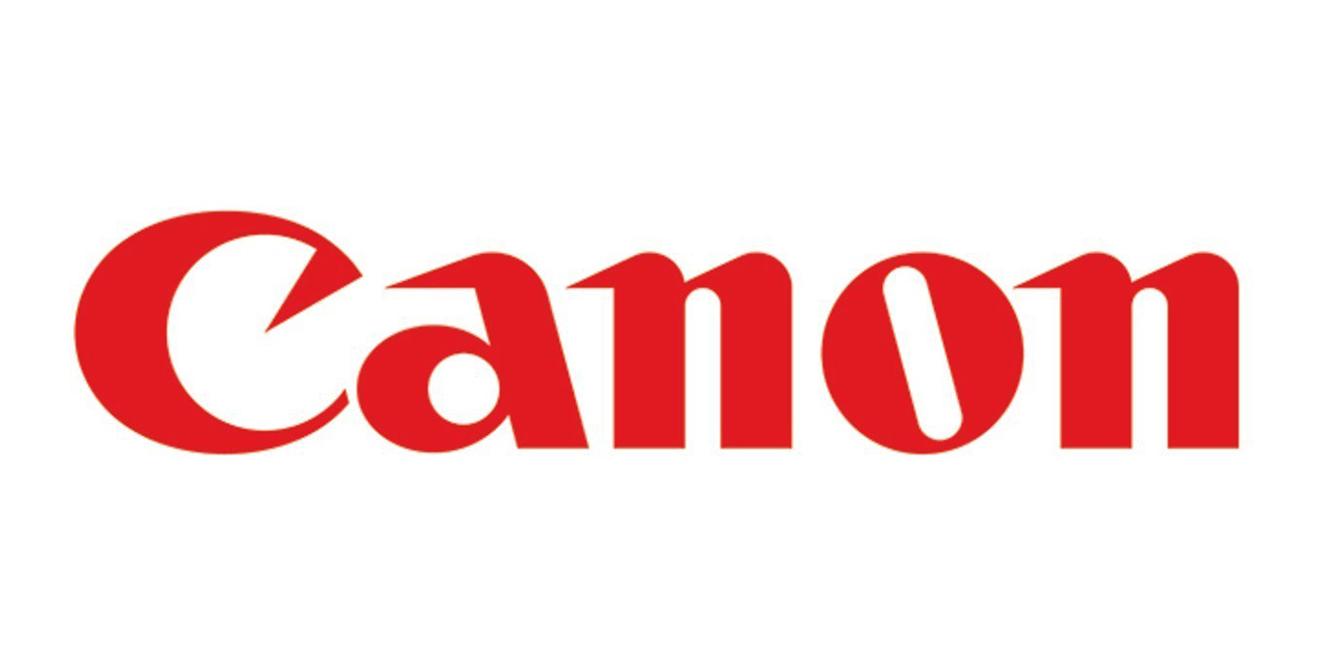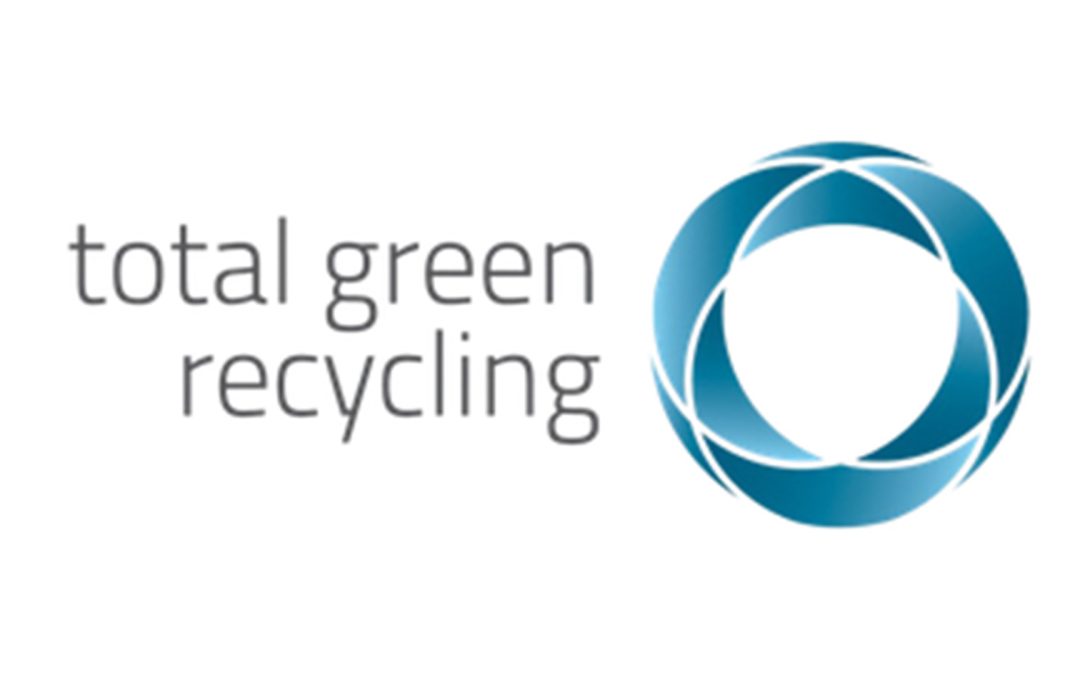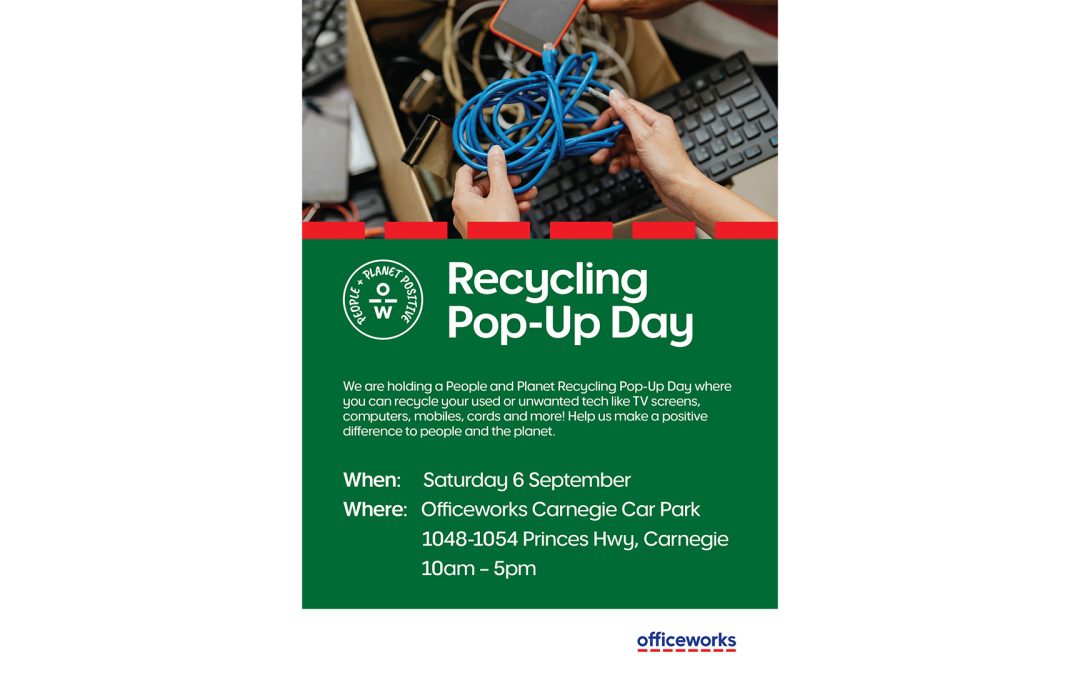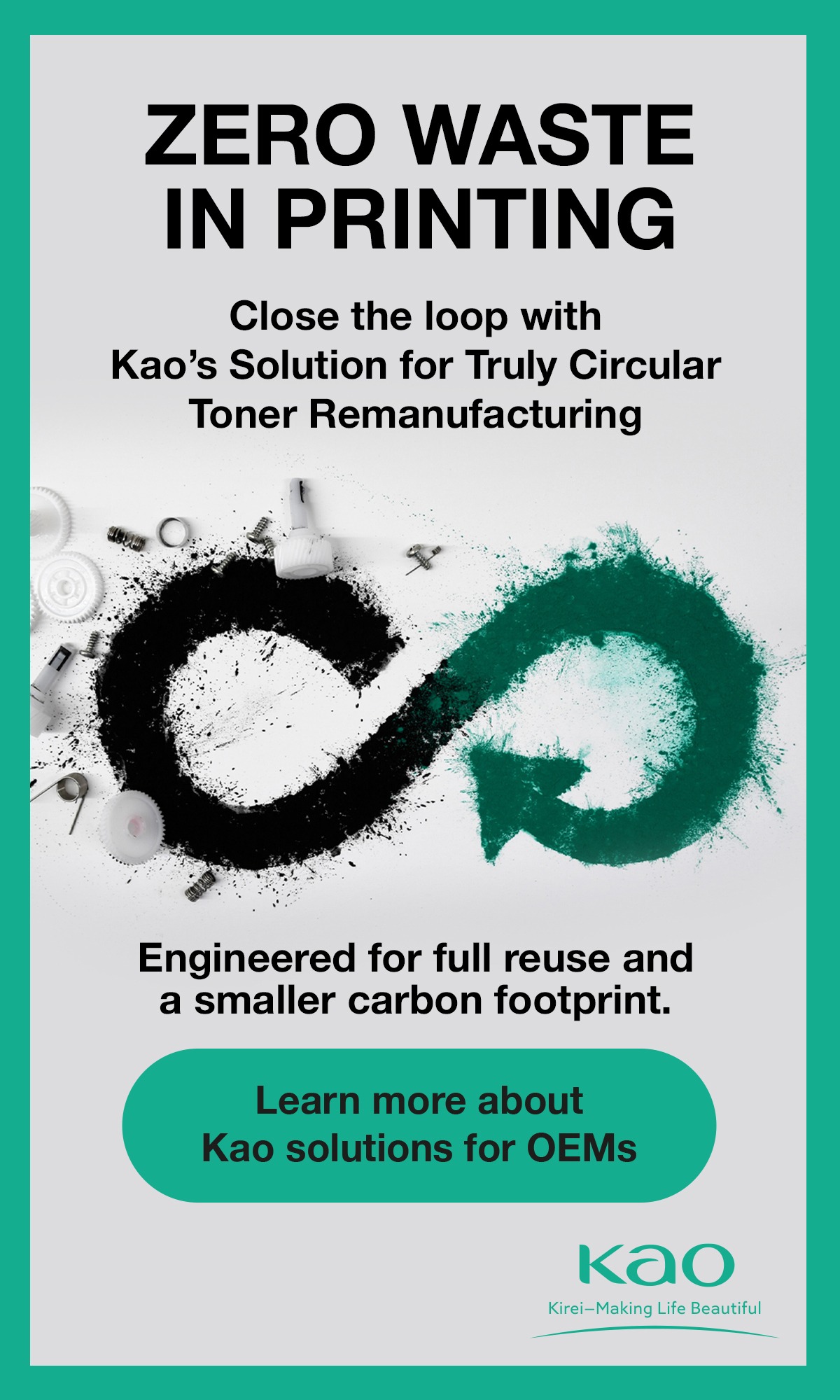Campaigners urge Brussels to tackle false recycling claims and enforce robust data transparency.
European environmental groups have accused consumer brands and supermarkets of undermining EU waste reduction efforts through inaccurate recycling data. During a demonstration in Brussels recently, led by Zero Waste Europe and Break Free From Plastic, campaigners highlighted systemic misreporting of recycling performance.
“The new Commission must force Member States not to accept false data from industry,” said Larissa Copello, Packaging & Reuse Policy Officer at Zero Waste Europe. “Otherwise, all the efforts to implement strong progressive legislation—which is absolutely necessary—will be in vain. Data reporting plays a key role in ensuring a sturdy implementation of laws.”
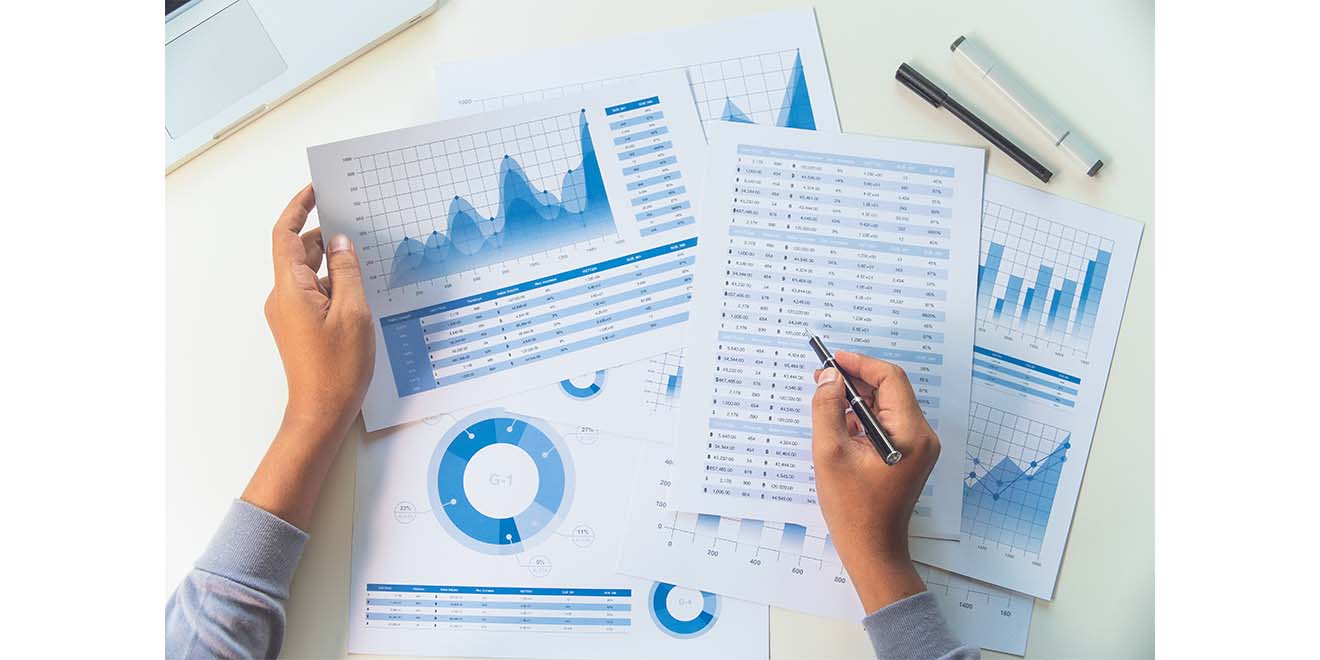 Copello stressed that targets for recycling and reuse must be supported by accurate reporting mechanisms. “The Commission needs to make sure the reporting of the data is transparent and done properly, otherwise such measures would be pointless and not enforceable,” she added.
Copello stressed that targets for recycling and reuse must be supported by accurate reporting mechanisms. “The Commission needs to make sure the reporting of the data is transparent and done properly, otherwise such measures would be pointless and not enforceable,” she added.
Spain’s recycling practices were a focal point of the criticism. Miquel Roset, Director and Spokesperson at Retorna, argued that official figures presented by the Producer Responsibility Organisation (PRO) Ecoembes do not reflect reality. “The real figure for separated collection of plastic beverage bottles under three litres was 36%, almost half of the 71% claimed by the PRO Ecoembes,” he stated. Roset emphasised that failure to meet collection targets under Spain’s Waste Law should trigger the introduction of a deposit and return system.
Belgium’s recycling performance was also questioned. “For years now, the recycling figures reported by Belgium are incredibly high,” said Chloé Schwizgebel, Project Coordinator at Fair Resource Foundation. “So high that recycling of glass officially reached 120% in 2023, which is not technically possible. Looking at all the packaging littering the streets in Brussels, how can that be possible?”
Printer cartridges, another prominent waste stream, that are also subject to recycling schemes by manufacturers, though questions have been raised about the transparency and effectiveness of these programs because many imported cartridges are not WEEE registered.
The NGOs argue that systemic inaccuracies in reporting not only skew public perception but also hinder effective implementation of EU directives aimed at reducing single-use plastic waste. They call for Brussels to ensure transparent, verifiable data as a cornerstone of its environmental policies.
As the EU gears up for stricter recycling targets in 2025, campaigners insist that credible data is crucial to achieving the bloc’s sustainability ambitions.


